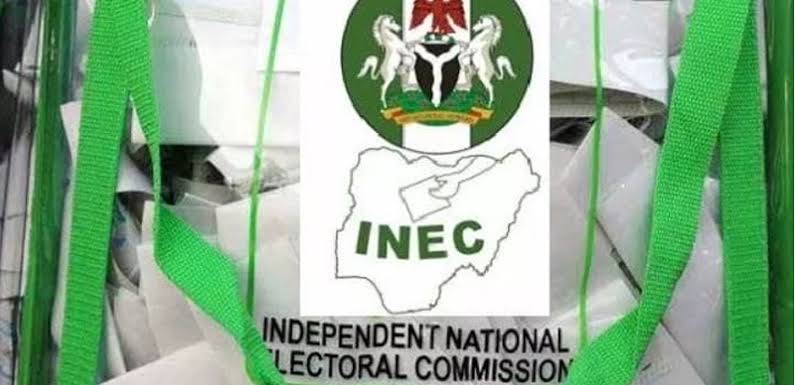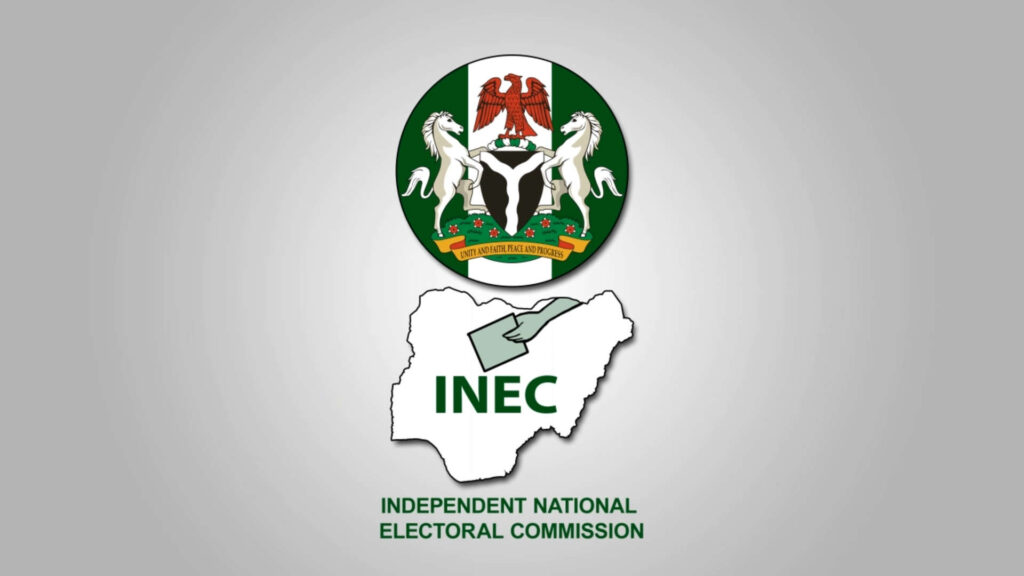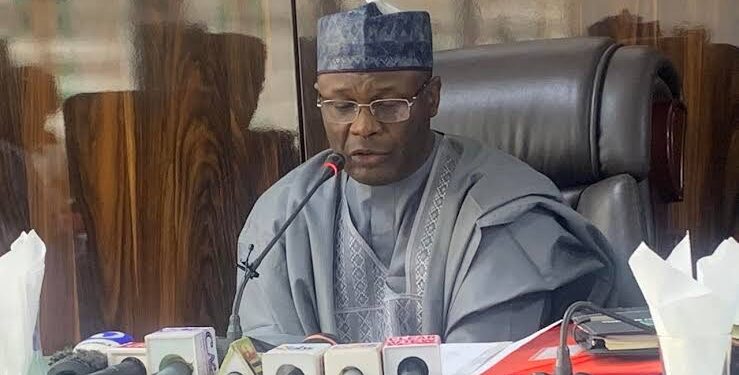Prof. Mahmoud Yakubu, the chairman of the Independent National Electoral Commission (INEC), announced on Thursday that INEC is fully equipped to handle elections for local governments across Nigeria, provided it receives the necessary constitutional support.
This statement comes in response to a recent Supreme Court ruling that granted financial autonomy to the 774 local government areas in the country. Yakubu made this declaration during his appearance before the National Assembly Joint Committees on INEC and Electoral Matters in Abuja.
Yakubu assured the committees that INEC, under his leadership, has the expertise, skilled personnel, and experience needed to conduct local government elections. He pointed out that INEC has already demonstrated its capability through successful elections in the six Area Councils of the Federal Capital Territory (FCT), as well as various off-season and bye-elections.

He explained that INEC’s extensive experience includes handling elections at the federal and state levels, as well as local government elections in the FCT. The commission has conducted elections in the six area councils of the FCT, which encompass 62 wards, each with its own councilorship elections. This consistent performance in the FCT highlights INEC’s capability to manage elections effectively.
Yakubu noted that the local government
elections in the FCT are held regularly without the need for caretaker committees, ensuring stability and security of tenure for elected officials. For instance, a 2022 amendment to the Electoral Act extended the tenure for area councils in the FCT from three to four years, providing greater security and stability.
He highlighted that no single political party has dominated all constituencies in the FCT. Instead, the councils are evenly divided between the All Progressives Congress (APC) and the Peoples Democratic Party (PDP), with each party winning three councils. This even distribution demonstrates the fairness and balance of the electoral process under INEC’s supervision.

Yakubu further stated that the FCT, which includes both urban and rural areas, provides a solid foundation for INEC’s ability to manage elections across the country. His comments emphasize that INEC’s experience in handling diverse communities and various electoral challenges positions it well to take on the responsibility of managing local government elections nationwide.
However, Yakubu also acknowledged that constitutional amendments would be necessary for INEC to assume this additional role. He stressed the need for engagement with the National Assembly to address several key issues. These include determining whether the Federal Government will continue to fund elections for states or if a new federal electoral commission should be established for local government elections.
Yakubu also raised the possibility of transferring local government election responsibilities from state electoral commissions to INEC. He pointed out that the current constitution creates both INEC and state-independent electoral commissions, and any change would require legislative action to amend the law.

He mentioned that some responsibilities currently handled by INEC could be better managed by other agencies. This suggestion aligns with recommendations from various electoral reform committees, including the Justice Mohammed Uwais Commission, which has proposed streamlining INEC’s responsibilities.
In addition, Yakubu assured the committee that INEC is well-prepared for upcoming off-cycle elections in Edo and Ondo states. He also reported that the commission has budgeted for outstanding bye-elections in seven federal and state legislative constituencies.
Regarding funding, Yakubu noted that the Ministry of Finance is providing adequate support for INEC’s 2024 budget. The Ministry has released 58.3% of the N40 billion budget so far this year, with monthly releases amounting to N23.3 billion. This funding is crucial for maintaining the commission’s operations and preparing for upcoming elections.
Yakubu’s statements underscore INEC’s readiness and capability to handle local government elections, provided there are necessary legal and financial adjustments. The commission’s extensive experience and current performance support its ability to manage these elections effectively across Nigeria.


































